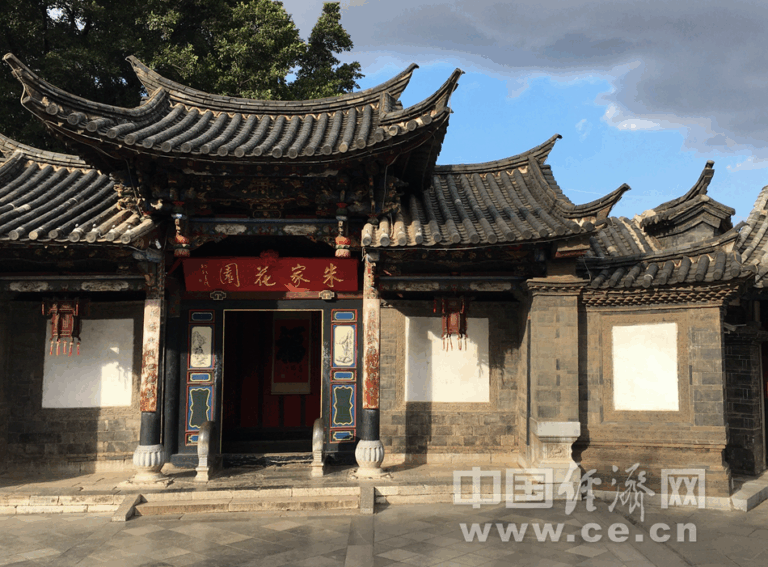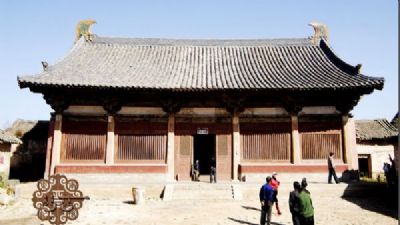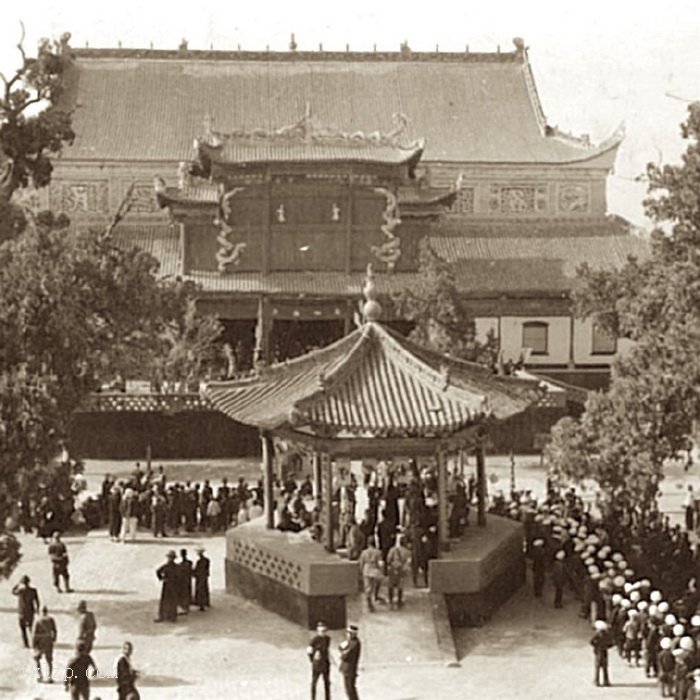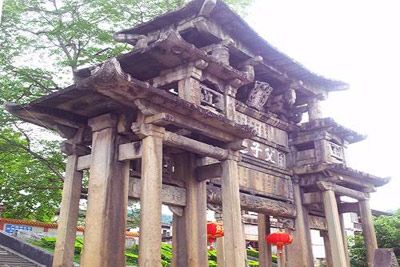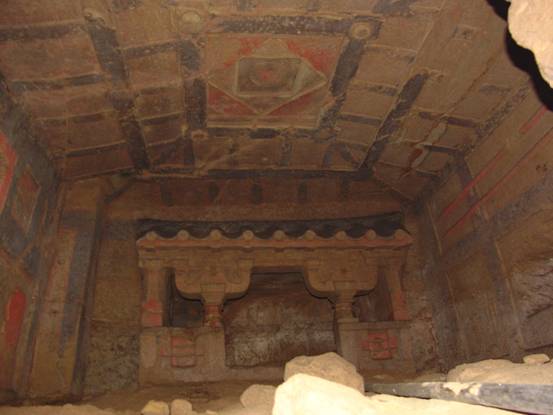Unveiling Jining Jiabai Yizhi: Your Ultimate Guide to Shandong’s Historical Treasures
An Essential Guide to Visiting Jining Jiabai Yizhi
In This Guide
- An Essential Guide to Visiting Jining Jiabai Yizhi
- The Rich History of Jining Jiabai Yizhi
- Main Highlights: What to See at Jining Jiabai Yizhi
- Planning Your Visit: A Practical Guide
- Tickets, Hours, and Booking
- How to Get There
- Local Cuisine and Accommodation
- Frequently Asked Questions
- Final Thoughts on Your Trip
Nestled in the heart of Shandong Province, the Jining Jiabai Yizhi (贾柏遗址) offers an intriguing glimpse into the rich tapestry of ancient Chinese civilization. This archaeological site, located approximately three kilometers east of Wenshang County, is a remarkable testament to the Neolithic period, showcasing the remnants of a matrilineal society that thrived around 7,000 years ago.
Discovered during a comprehensive cultural survey in 1986, excavation efforts between 1989 and 1990 revealed a treasure trove of artifacts, including burial sites, semi-subterranean dwellings, and various tools crafted from pottery, stone, bone, and horn. The layout of the site, characterized by its unique gourd and circular-shaped structures, hints at the architectural ingenuity of its inhabitants. Notably, the burial practices observed here suggest a sophisticated understanding of social structures, highlighting the importance of matriarchal lineage and complex familial relationships.
In 2006, the site was officially designated as a National Key Cultural Heritage Unit by the State Council, further emphasizing its historical significance. As you wander through Jining Jiabai Yizhi, you’ll not only marvel at the ancient relics but also feel a deep connection to the lives of the people who once thrived in this vibrant community. The site stands as a crucial piece in the puzzle of North Xin culture, predating other known cultures in the Yellow River basin, and continues to inspire researchers and history enthusiasts alike.
For those seeking to delve into the depths of China’s ancient history, a visit to Jining Jiabai Yizhi promises a captivating journey through time, where the echoes of the past resonate amidst the remnants of a remarkable ancient society.
The Rich History of Jining Jiabai Yizhi
The Jining Jiabai Yizhi, located in Wenshang County, Shandong Province, is a significant archaeological site that offers a glimpse into the early Neolithic period of Chinese history, approximately 7000 years ago. Discovered during a cultural relics survey in 1986, the site covers an area of around 15,000 square meters and has been recognized as a key national cultural heritage site since 2006.
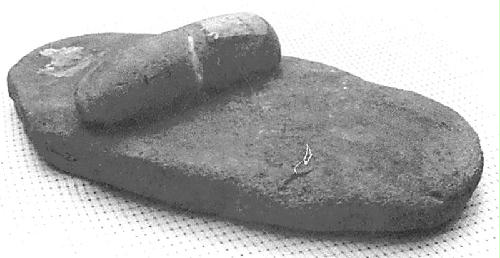
Jining Jiabai Yizhi.
The excavation of the site began in earnest between 1989 and 1990, led by the Shandong team of the Chinese Academy of Sciences. The archaeological efforts revealed a wealth of artifacts, including more than one hundred items such as pottery, stone tools, and bone implements. The layout of the site includes remnants of semi-subterranean houses and burial pits, with structures primarily in gourd and round shapes, indicative of the architectural styles of the period.
The burial practices unearthed at Jiabai Yizhi are particularly noteworthy, reflecting the matrilineal clan society that characterized the era. The graves, often found just below the surface, primarily feature extended burials with evidence of both single and multiple interments. This suggests complex social structures where lineage and familial ties played a critical role.
Artifacts recovered from the site include a variety of pottery types—bowls, jars, and plates—made from a relatively soft clay, along with stone tools like grinding stones and axes that show signs of rudimentary craftsmanship. Notably, the presence of fine stone implements, such as blades and scrapers, challenges previous assumptions about the absence of such tools in the plains region of China, thus adding a new dimension to the understanding of early human habitation in the area.
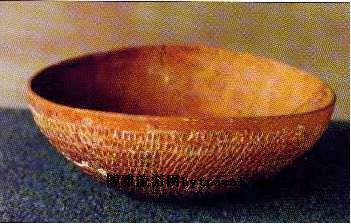
Jining Jiabai Yizhi.
The Jiabai Yizhi site is classified as part of the Beixin Culture, which predates the Dawenkou culture by over a millennium. This cultural layer provides vital insights into the evolution of early agricultural societies along the Yellow River, highlighting the transition from hunter-gatherer lifestyles to more settled, agrarian communities. The findings at Jiabai Yizhi not only fill gaps in the archaeological record of Jining but also contribute significantly to the broader narrative of human development in prehistoric China.
Today, the site stands as a testament to the region’s rich cultural heritage, attracting researchers and tourists alike who are eager to explore the ancient roots of Chinese civilization.
Main Highlights: What to See at Jining Jiabai Yizhi
Nestled in the scenic Wen Shang County of Shandong Province, the Jining Jiabai Yizhi (贾柏遗址) offers a fascinating glimpse into ancient Chinese civilization. This archaeological site, recognized as a national key cultural relic protection unit, spans approximately 15,000 square meters and showcases remnants from the early Neolithic era, specifically the Beixin culture, dating back around 7,000 years.
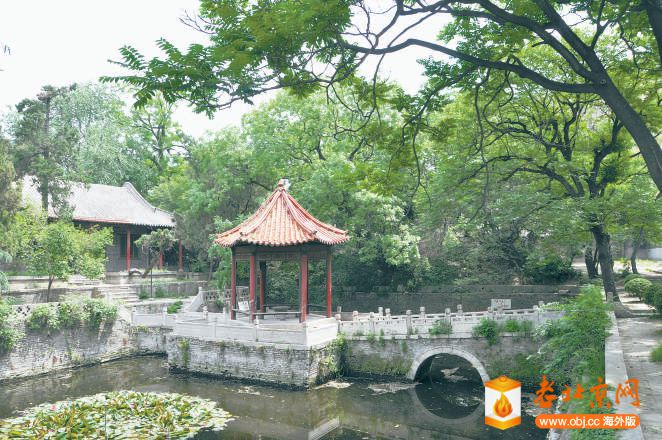
Jining Jiabai Yizhi.
The site features a variety of intriguing structures, including burial sites and semi-subterranean houses, with unique shapes resembling gourds and circles. Excavations conducted between 1989 and 1990 uncovered over 19 graves, along with numerous artifacts such as pottery, stone tools, and bone implements. Noteworthy findings include hand-made pottery items like bowls and jars, as well as finely crafted stone tools, which highlight the advanced craftsmanship of the time.
One of the most significant aspects of the Jining Jiabai Yizhi is its insight into the social structure of the Beixin culture, particularly its matrilineal clan society. The burial practices observed at the site reflect the customs and traditions of a society that valued maternal lineage, providing an essential context for understanding the evolution of family and societal structures in ancient China.
Visitors to the Jiabai Yizhi can immerse themselves in the rich history and culture of the region, gaining a deeper appreciation for the early inhabitants of the Yellow River basin. With its blend of archaeological wonder and historical significance, the site is not only a key destination for history enthusiasts but also an important piece in the puzzle of understanding China’s ancient heritage.
Nearby attractions, such as the Taizi Lingzong Tower and the Wen Shang Zhongdu Folk Museum, complement the experience, making Jining a vibrant hub for cultural exploration. The Jiabai Yizhi stands as a testament to the rich tapestry of human history, inviting travelers to step back in time and discover the roots of Chinese civilization.
Planning Your Visit: A Practical Guide
Practical Guide to Jining Jiabai Yizhi (贾柏遗址)
Location and Access
The Jining Jiabai Yizhi, also known as the East Jiabai Site, is situated approximately 3 kilometers east of Wenshang County, on a high ground southeast of Dongjiabai Village. To reach the site, visitors can use local transportation options, including buses and taxis that run frequently from Jining city center. The site is conveniently located within a 10-15 minute drive from Wenshang County.
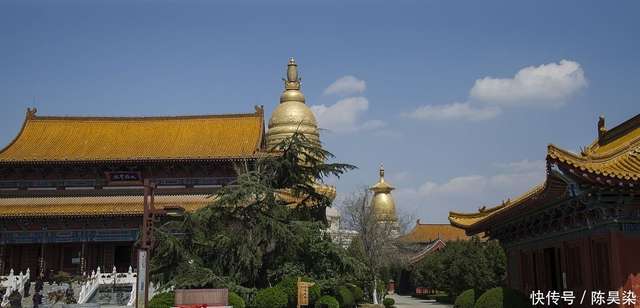
Jining Jiabai Yizhi.
Best Time to Visit
The ideal time to explore Jining Jiabai Yizhi is during the spring and autumn months (April to June and September to November). During these periods, the weather is mild, making it more pleasant for outdoor activities and archaeological exploration. Summer can be hot, while winter temperatures may drop significantly, affecting outdoor comfort.
Visiting Hours
The site is open to visitors throughout the week. However, it is best to check local resources or the site’s official announcements before planning your visit, as hours may vary due to seasonal changes or special events.
Admission Fees
As of the latest updates, admission to the Jiabai Yizhi is generally free, but it’s recommended to confirm any potential fees or guided tour costs at the entrance. This site sometimes offers guided tours which can enhance the understanding of the historical context.
What to See
The Jiabai Yizhi is renowned for its archaeological significance, showcasing remnants from the early Neolithic period, specifically the Beixin culture, which dates back approximately 7,000 years. Key highlights include:
- Excavated Structures: Visitors can observe the remains of unique semi-subterranean dwellings characterized by their gourd and circular shapes.
- Burial Sites: The site features concentrated burial areas that provide insights into the matrilineal clan society and funerary practices of the time.
- Artifacts: Over a hundred artifacts have been unearthed, including pottery, stone tools, and bone implements, which offer a glimpse into the daily life and culture of the ancient inhabitants.
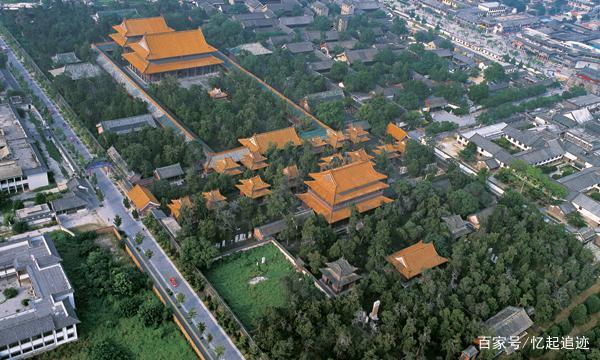
Jining Jiabai Yizhi.
Nearby Attractions
Consider extending your visit to include nearby attractions that complement the historical experience:
- Taizi Lingzong Pagoda: An ancient pagoda with stunning views, located just a few kilometers away.
- Wenshang Zhongdu Folk Museum: A cultural museum that showcases the local customs and traditions.
- Lotus Lake Wetland Scenic Area: A beautiful natural area perfect for relaxation and enjoying nature.
Tips for Visitors
- Photography: Bring a camera to capture the fascinating structures and landscapes. However, be respectful of any restrictions in sensitive archaeological areas.
- Guided Tours: Opting for a guided tour can provide deeper insights into the site’s significance and history.
- Hydration and Snacks: While there are no major facilities at the site, it’s advisable to carry water and light snacks, especially if you plan to spend several hours exploring.
- Comfortable Footwear: Wear sturdy shoes, as the terrain may be uneven, and you’ll want to be comfortable while walking around the site.
Cultural Etiquette
While visiting Jiabai Yizhi, it’s important to be mindful of local customs and practices. Respect the site’s historical value by avoiding loud conversations, not touching artifacts, and following any posted guidelines. Engaging with local guides and learning about the cultural significance of the site can enrich your experience.
Conclusion
Visiting Jining Jiabai Yizhi offers a unique opportunity to delve into ancient Chinese civilization and archaeological heritage. With its rich history and significance, the site is a must-see for anyone interested in understanding the roots of Chinese culture and society. Plan your visit to enjoy both the historical insights and the beautiful surrounding landscapes.
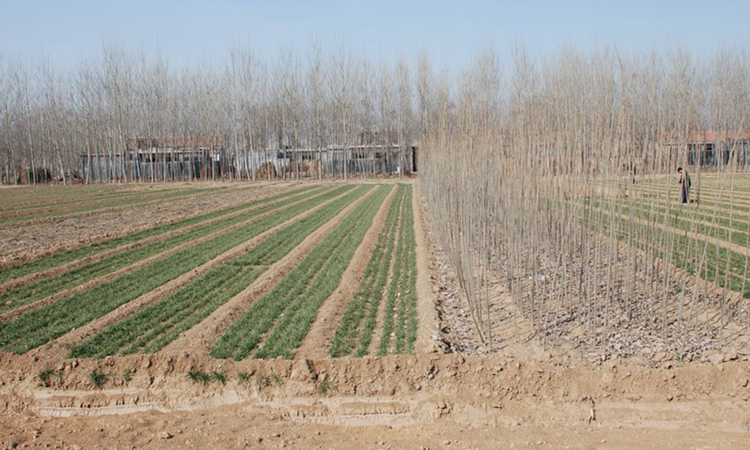
Jining Jiabai Yizhi.
Tickets, Hours, and Booking
Visiting the Jining Jiabai Yizhi (贾柏遗址) is a fascinating journey into the depths of ancient Chinese civilization, particularly the Neolithic era. To make the most of your visit, it’s essential to know about ticketing and entry fees.
Ticket Information
-
General Admission: The entrance fee for the Jiabai Yizhi site is 50 CNY per person. This ticket grants you access to the archaeological site, where you can explore the remnants of ancient structures, burial sites, and artifacts that highlight the rich history of the region.
-
Discounts: Reduced ticket prices may be available for students and seniors, so be sure to bring appropriate identification if you qualify for these discounts. Check at the entrance for specific rates.
-
Guided Tours: For those interested in a more in-depth experience, guided tours are often available. These tours typically require an additional fee, which can range from 100 CNY for a group or family to higher rates for personalized experiences. Booking in advance is recommended, especially during peak tourist seasons.
-
Opening Hours: The site is generally open from 8:30 AM to 5:00 PM, but it’s advisable to check the latest updates or any seasonal changes in operating times before your visit.
-
Payment Options: Tickets can usually be purchased on-site. However, some visitors prefer the convenience of online booking through travel websites or local tourism platforms, which may also offer package deals that include transportation and additional attractions in the area.
Ensure you have your tickets ready upon arrival to enjoy a smooth entry into this remarkable historical site. The Jiabai Yizhi promises an enriching experience, offering insights into the lifestyles and customs of ancient civilizations.
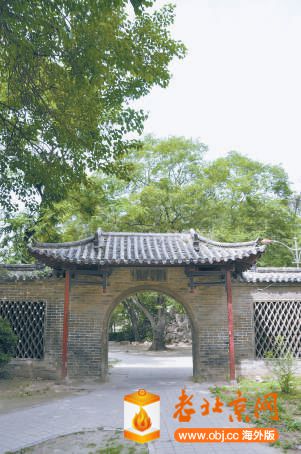
Jining Jiabai Yizhi.
How to Get There
Getting to and around Jining Jiabai Yizhi (贾柏遗址) requires a bit of planning, but the journey is well worth it for the chance to explore this significant archaeological site.
Getting There
By Air:
The nearest major airport to Jining is Jining Qufu Airport (JNG), approximately 30 kilometers away. From the airport, visitors can take a taxi or arrange for a car rental to reach the site.
By Train:
Jining is well-connected by train, making it a convenient option for travelers coming from major cities like Beijing, Shanghai, or Jinan. The Jining Railway Station is located around 10 kilometers from the Jiabai Yizhi. Once you arrive at the station, taxis are readily available for hire, or you can use ride-sharing apps for a more convenient option.
By Bus:
Local buses operate from various parts of Jining and the surrounding areas to Jining Jiabai Yizhi. You can catch a bus to Wenshang County, then transfer to a local minibus or taxi for the final stretch to the archaeological site. The bus system is generally reliable, but checking the latest schedules ahead of time is advisable.
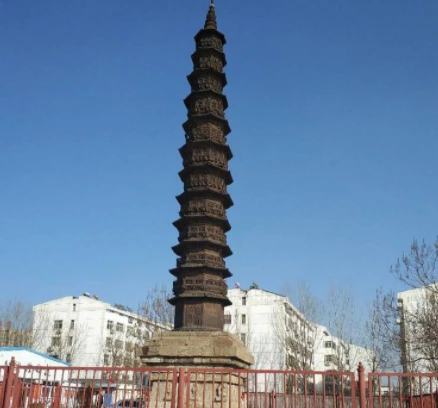
Jining Jiabai Yizhi.
Local Transportation
Taxis and Ride-Sharing:
Taxis are widely available throughout Jining and can be hailed on the street or booked through local taxi services. Ride-sharing apps like Didi Chuxing are also popular, allowing for easy and convenient travel around the city and to nearby attractions.
Bicycles and Walking:
For those who prefer a more leisurely pace, renting a bicycle is a great way to explore the area around Jiabai Yizhi. Many local shops offer bike rentals. The site itself is accessible by foot, and walking around provides an excellent opportunity to soak in the local atmosphere.
Tips for Travelers
- Language Barrier: English may not be widely spoken, so having a translation app or a phrasebook can be beneficial.
- Plan Ahead: Make sure to check the operating hours of the site and any potential entrance fees. It’s also wise to confirm transportation schedules, especially if you’re traveling on weekends or holidays.
- Cash: While many places accept mobile payments, it’s a good idea to carry some cash for local transportation and smaller vendors.
With these transportation options and tips, getting to and around Jining Jiabai Yizhi will enhance your experience at this important cultural site, allowing you to immerse yourself fully in its historical and archaeological significance.
Local Cuisine and Accommodation
When visiting the Jining Jiabai Yizhi (贾柏遗址), travelers can enjoy a delightful array of local cuisine and comfortable accommodations to enhance their experience.
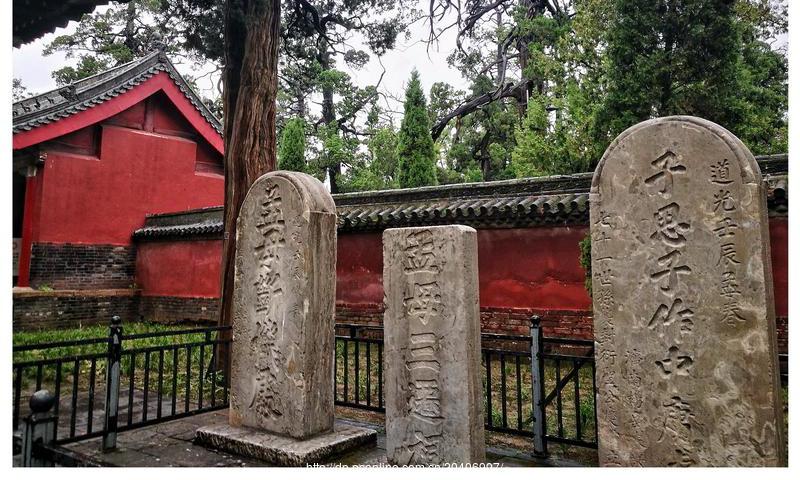
Jining Jiabai Yizhi.
Culinary Delights
Jining is known for its rich culinary heritage, offering a variety of traditional Shandong dishes that will tantalize your taste buds. While exploring the area, be sure to try:
-
Jining Jia Bing (济宁夹饼): A local specialty, these filled pancakes are perfect for a quick snack or a light meal. They come with various fillings, including meats and vegetables, wrapped in a soft, warm pancake.
-
Braised Pork Rice (甏肉干饭): A hearty dish comprising tender braised pork served over fragrant rice. It’s a must-try for meat lovers and is often enjoyed as a comforting meal after a day of sightseeing.
-
Noodle Dishes: Jining boasts a variety of noodle preparations, from hand-pulled noodles to thick wheat noodles, often served in rich broths or with vibrant vegetable toppings.
-
Local Seafood: Given Jining’s proximity to water bodies, fresh seafood is widely available. Try the steamed fish or stir-fried shrimp for a taste of the local aquatic bounty.
For a more casual dining experience, visit the Zhongdu Town (中都小镇), which features several eateries where you can sample these dishes along with regional snacks.

Jining Jiabai Yizhi.
Where to Stay
Accommodation options around Jining Jiabai Yizhi cater to various preferences and budgets, ensuring a comfortable stay during your visit:
-
Jining Grand Hotel (济宁大酒店): This upscale hotel offers elegant rooms with modern amenities, including free Wi-Fi, a fitness center, and an on-site restaurant serving both local and international cuisine. Its convenient location makes it easy to explore nearby attractions.
-
Home Inn (如家酒店): A budget-friendly option, Home Inn provides clean and comfortable rooms with essential amenities. It’s ideal for travelers looking for a cozy place to rest without breaking the bank.
-
Hanting Hotel (汉庭酒店): Known for its affordability and cleanliness, Hanting Hotel offers a comfortable stay with basic facilities. It’s a great choice for those who plan to spend most of their time exploring the sites around Jining.
-
Local Guesthouses: For a more authentic experience, consider staying in one of the local guesthouses. These often offer a glimpse into the local culture and provide personalized service, making your stay unique.
By indulging in the local flavors and selecting the right accommodation, your visit to Jining Jiabai Yizhi will be both enjoyable and memorable. Whether you’re savoring the delightful dishes or resting in comfortable lodgings, you’re sure to have a fulfilling experience.
Frequently Asked Questions
-
Where is the Jining Jiabai Yizhi located?
The Jining Jiabai Yizhi, also known as the Jiabai Ruins, is situated approximately 3 kilometers east of Wenshang County and around 300 meters southeast of Dongjiabai Village in Shandong Province, China. -
What is the historical significance of the Jiabai Ruins?
The Jiabai Ruins date back to around 7000 years ago, belonging to the early Neolithic period associated with the Beixin Culture. They provide critical insights into matrilineal clan societies and burial practices of ancient civilizations in the lower Yellow River region. -
What can visitors expect to see at the site?
Visitors can explore a variety of archaeological findings, including over 100 artifacts such as pottery, stone tools, and bone implements. The site features remnants of semi-subterranean houses and burial grounds that highlight ancient living conditions and cultural practices. -
Are there any entrance fees or guided tours available?
Currently, there is no specific information regarding entrance fees or guided tours for the Jiabai Ruins. It’s recommended to check local tourism websites or contact local tourist information centers for the most up-to-date details. -
What are the best times to visit the Jiabai Ruins?
The best time to visit is during the spring and autumn months (April to June and September to November) when the weather is mild and pleasant, making it ideal for outdoor exploration. -
How can I reach the Jiabai Ruins from nearby cities?
The Jiabai Ruins are accessible by public transportation or by car from Jining. Buses frequently run from Jining to Wenshang County, and visitors can take a taxi or ride-sharing service from there to the site. -
Are there any nearby attractions worth visiting?
Yes, nearby attractions include the Taiziling Pagoda, Wenshang Zhongdu Folk Museum, and the scenic Lianhua Lake Wetland Area, all of which offer a rich cultural and natural experience. -
What should I prepare for my visit to the Jiabai Ruins?
Visitors should wear comfortable walking shoes, carry water, and consider bringing a camera for photography. It’s also advisable to check the weather forecast and dress accordingly, as the site is primarily outdoors.
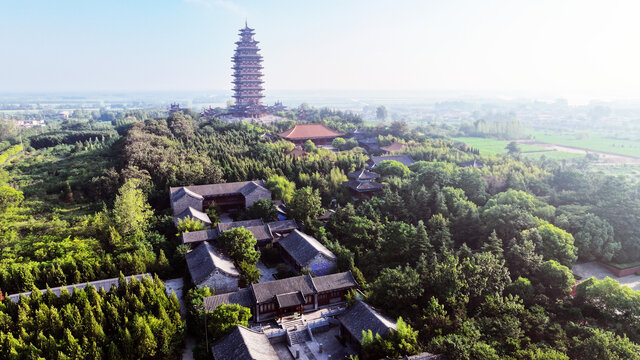
Jining Jiabai Yizhi.
Final Thoughts on Your Trip
Visiting the Jining Jiabai Yizhi is more than just a trip to an archaeological site; it is an invitation to connect with the roots of human civilization and explore the rich tapestry of ancient cultures that once thrived in this region. As you wander through the remnants of the North Xin culture, which dates back approximately 7,000 years, you will find yourself immersed in the lifestyles, traditions, and spiritual beliefs of our ancestors. The artifacts unearthed here tell stories of communal living, craftsmanship, and early burial practices, offering a glimpse into a world long gone yet profoundly impactful.
This remarkable site, recognized as a national cultural heritage treasure, stands as a testament to the importance of preserving our history. Whether you are a history buff, a culture enthusiast, or simply a curious traveler, Jiabai Yizhi provides a unique opportunity to reflect on the human experience and our journey through time.
As you conclude your visit, take a moment to appreciate the beauty of the surrounding landscape and consider how these ancient grounds have shaped the culture of modern Jining and beyond. Let the echoes of the past inspire you to seek out more stories hidden in the folds of history. Your adventure in Jining is not just about what you see but also about what you feel and learn—an enriching experience that connects generations across the ages.
